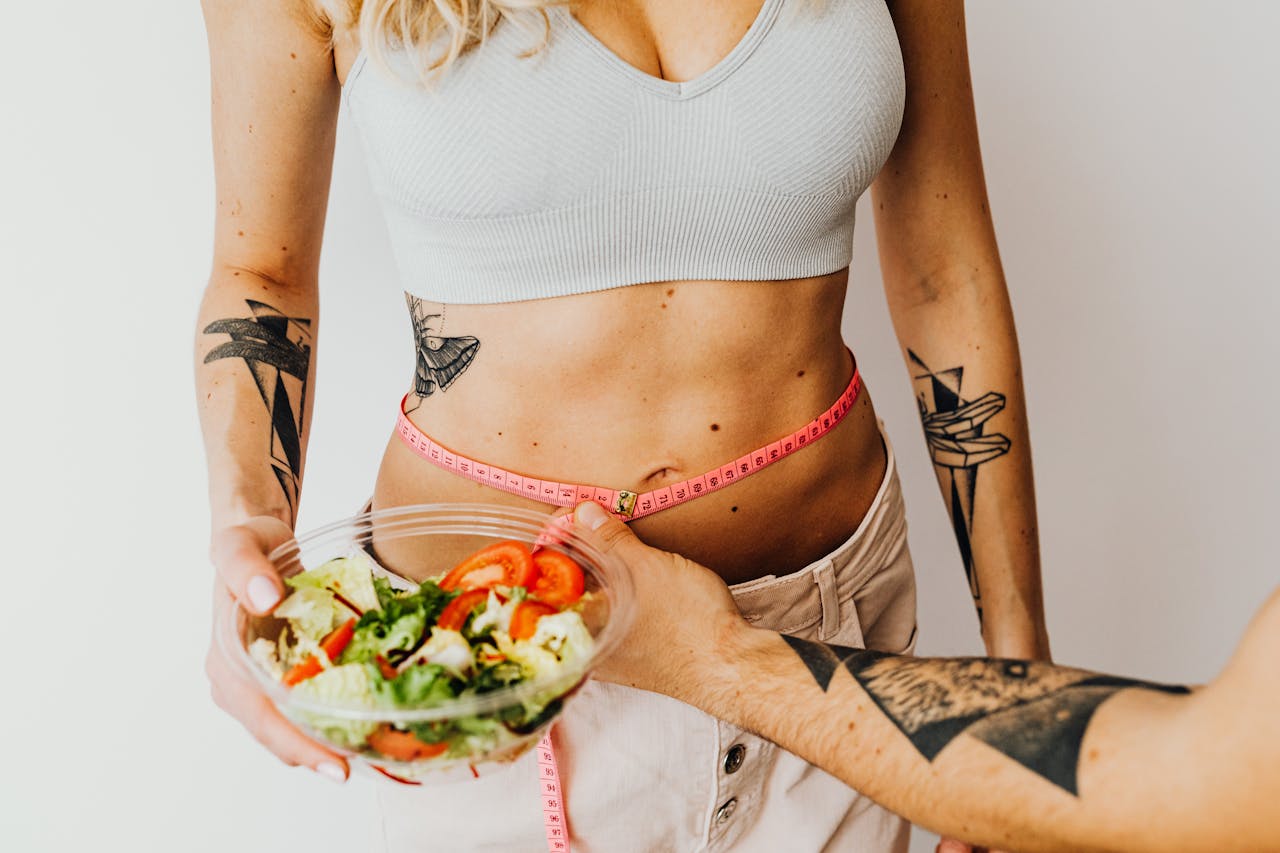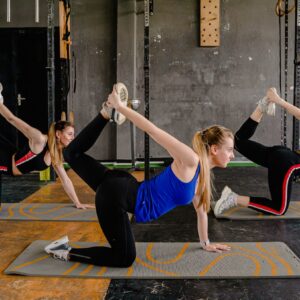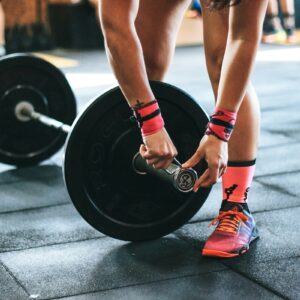Contents
As a certified fitness coach, I’ve encountered this question frequently: Should I adjust my eating habits on days I’m not working out? The answer depends on your fitness goals, energy needs, and personal preferences, but the principle is clear—your nutrition should always support your overall well-being and performance.
In this post, we’ll explore whether and how your diet should change on rest days while maintaining a balanced, sustainable approach.
The Role of Nutrition on Rest Days
Rest days are more than just time off from the gym; they’re essential for muscle recovery, energy restoration, and mental rejuvenation. Here’s why nutrition matters on these days:
- Muscle Repair and Growth:
Your muscles repair and grow after workouts, not during them. Protein is vital on rest days to support this process by providing the amino acids your body needs to rebuild tissue. - Energy Replenishment:
While you may burn fewer calories on rest days, your body still uses energy to recover and maintain basic functions. Carbohydrates help replenish glycogen stores depleted during exercise, ensuring you’re ready for your next workout. - Preventing Overeating:
Without the calorie burn from training, some individuals tend to overeat. Thoughtful planning can help you avoid unnecessary weight gain while still meeting your recovery needs.
How to Adjust Your Diet on Rest Days
1. Prioritize Protein
Stick to a similar protein intake as training days, typically around 1.6–2.2 grams per kilogram of body weight. Protein supports muscle repair and helps you stay full, reducing the urge to snack on empty calories.
Examples:
- Grilled chicken, tofu, or fish paired with vegetables.
- A protein smoothie with berries and almond milk.
2. Tailor Your Carbohydrate Intake
On rest days, you may not need as many carbs as on training days. Adjust your portions based on your activity level while ensuring you still meet your energy needs. Focus on complex carbs like quinoa, sweet potatoes, or brown rice for sustained energy.
3. Incorporate Healthy Fats
Fats play a role in hormone regulation and overall health. Include sources like avocados, nuts, seeds, and olive oil.
Tip: Balance your fats without overloading on calories since fats are calorie-dense.
4. Stay Hydrated
Hydration is essential every day, not just when you’re sweating during a workout. Aim for at least 2–3 liters of water daily, depending on your size and activity level.
5. Emphasize Micronutrients
Rest days are an excellent opportunity to focus on foods rich in vitamins and minerals, such as fruits, vegetables, and whole grains, which support recovery and overall health.
Common Mistakes to Avoid on Rest Days
- Overeating “Cheat” Foods
While indulging occasionally is fine, overloading on junk food can undo progress and leave you feeling sluggish. - Skipping Meals
Some people eat far too little on rest days, which can impair recovery and leave you undernourished for your next workout. - Neglecting Hydration
It’s easy to drink less water when you’re not sweating as much, but hydration is vital for recovery and energy.
Should You Count Calories on Rest Days?
Whether or not to count calories depends on your goals. If weight loss is a priority, slightly reducing calorie intake on rest days might help create a sustainable deficit. However, for muscle gain or maintenance, sticking to a similar caloric intake as training days often works best.
Final Thoughts
Rest-day nutrition isn’t about eating less—it’s about eating smart. By tailoring your meals to support recovery and maintaining consistency in your diet, you can optimize your progress and feel your best on training and non-training days alike.
Remember, everyone’s body and goals are different. Consult with a registered dietitian or certified nutritionist to create a plan that aligns with your unique needs.



